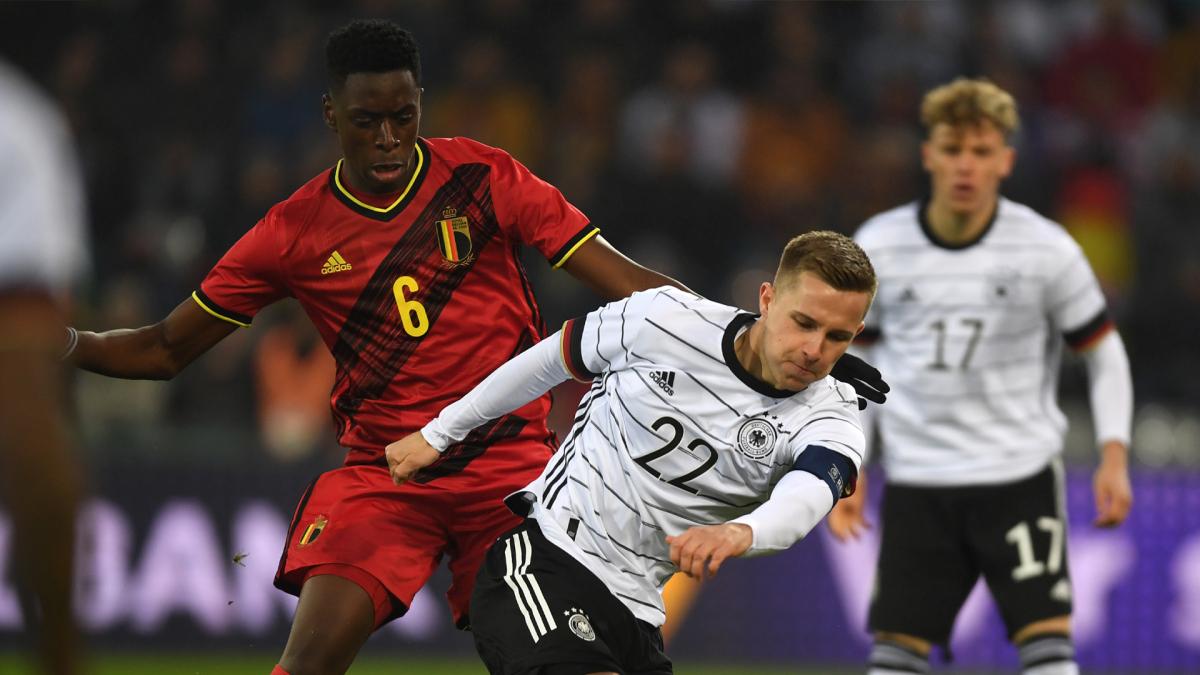The Camerata Salzburg and Jan Lisiecki in the Wiesbaden Kurhaus.
A look into Mozart’s soul, that was planned. A look behind the mask of happiness. In the “deep, painful longing of his slow movements”, where, as the pianist Hélène Grimaud puts it, “the real Mozart can be found”. Grimaud wanted to play the D minor concerto KV 466, Mozart’s first concerto in minor after 19 concerts in major. In addition, there is the cryptic, far too seldom played, wavering, wandering Fantasy No. 3 KV 397, also in D minor. And you had a premonition of what could have happened, because hardly anyone can step into the notes so forgettingly and shape them from within, i.e. touch their soul, as the French pianist who lives near New York.
But the pandemic has the world even more under control than it might seem for the brief moment. The travel regulations between Europe and the USA are still so restrictive that Grimaud decided to cancel her tour and thus also her concert evening at the Rheingau Music Festival with the Camerata Salzburg at short notice.
A high-quality replacement was quickly provided, Jan Lisiecki, the 26-year-old Canadian pianist, stepped in. But the program also had to be changed. Instead of Mozart’s D minor Concerto and D minor Fantasy, there was now Beethoven’s 3rd Piano Concerto in C minor, followed by Mozart’s C major Symphony No. 36 KV 425 as usual.
The dramaturgical arc, the look into Mozart’s soul, in general the “Spot on: Mozart” guiding principle that some concerts at this year’s Rheingau Music Festival carry as the headline – all of that was of course a thing of the past. And it took a while until the new soloist and the Camerata Salzburg found a common language. The Camerata, founded in 1952 and shaped by artistic directors as diverse as Sandor Vegh and Roger Norrington, approaches Beethoven from a sheltered distance, forms elegant, but also somewhat sedate arches, while Lisiecki wants something completely different and sharpens the contrasts.
It remained amazingly pale
At some point the two meet in the middle, which Beethoven’s C minor concerto does not necessarily do well, which also needs something unconventional and rebellious in order to be able to ignite its furor. But even Mozart’s so-called Linz Symphony, written head over heels and premiered in Linz in 1783, remains astonishingly pale. The Camerata Salzburg, the main ensemble of the Salzburg Festival, which has done concerts without a conductor since 2016, manages Mozart rather than breaking down his inner dynamics. Compact, honest and without big surprises. A soul show should sound very different.
–


